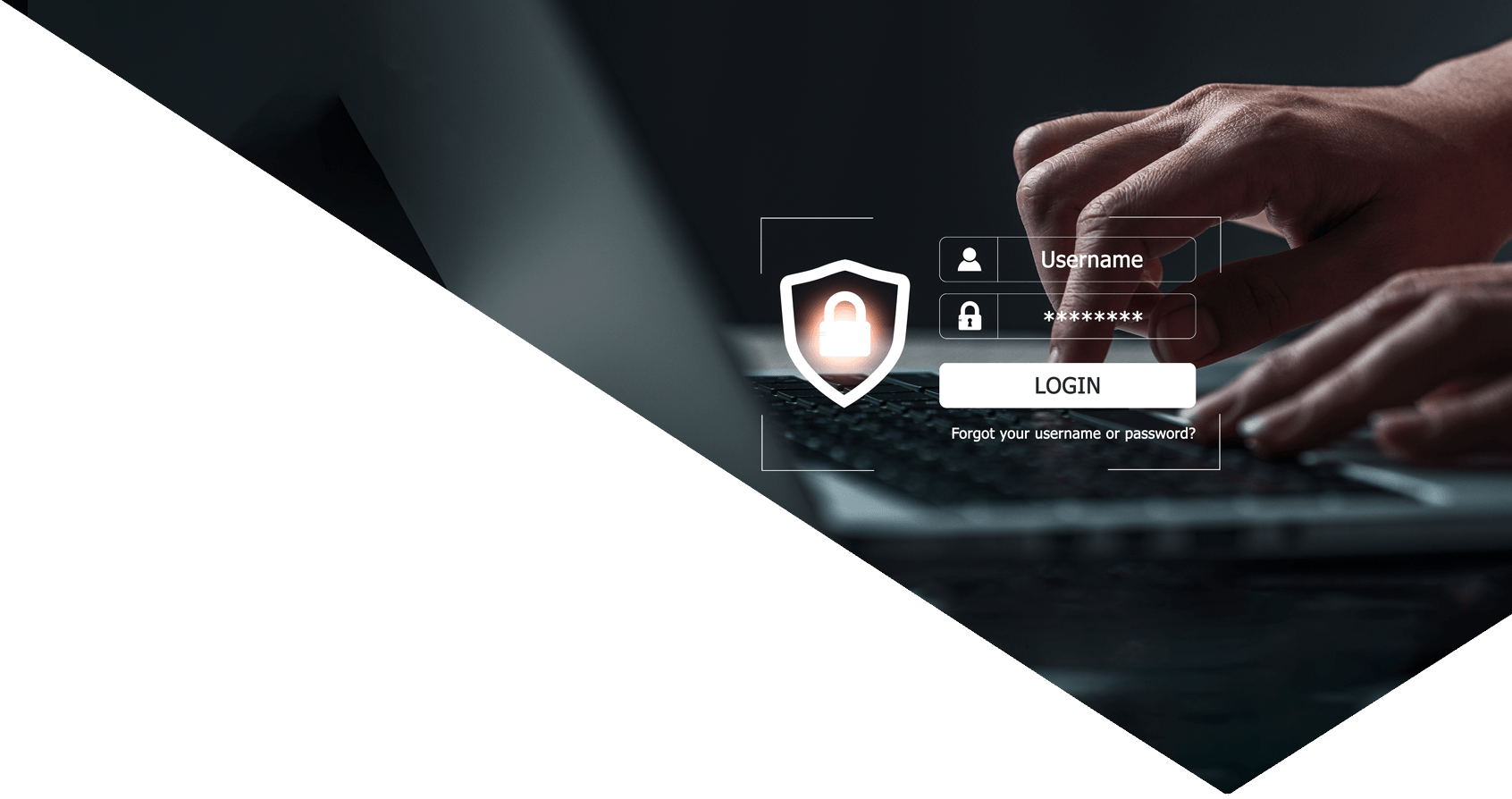
Money management
The importance of a strong password
Protecting your personal information is more important than ever, especially when it comes to financial security. As digital banking continues to be an essential part of our lives, so too do the threats from cybercriminals planning to access your sensitive information. A strong password with multifactor authentication, are the simplest yet most effective ways to protect your online accounts. By choosing a secure password, you are taking the important step to shield your personal information and protect yourself against potential fraud.
Why strong passwords matter
Cybercriminals use various techniques to compromise weak passwords. According to the UK National Cyber Security Centre (NCSC), in 2020 alone, 23.2 million people worldwide were found to be using the password “1234561” – a password that can be cracked almost instantly. Research from 2024 has also found that only one in five people in the UK can correctly identify a secure password over a compromised one2. Unfortunately, using a weak password makes your online accounts vulnerable, potentially leading to financial and personal loss.
Once compromised, a password can allow unauthorised individuals access to your financial details, giving them potential control over sensitive data, transaction history, and account funds. The emotional and financial cost of recovering from identity theft or fraud can be significant, but creating and maintaining a strong password is an effective measure to help prevent you falling victim to fraud.
What makes a strong password?
A strong password should be complex, unique, and difficult for anyone else to guess or crack. The NCSC recommends the use of three random words, which is both easier to remember and challenging for automated attacks to decode. However, a strong password should also ideally include a combination of uppercase and lowercase letters, numbers and special characters, with a minimum of 12 characters overall.
For example, a strong password might be: Blue$Tulip77!Mountain. This password includes three random words, a mix of character types, and is long enough, making it harder for criminals to break through. Simple or common phrases (such as names or birth dates) should be avoided, as they can be guessed or found, often through social media.
How to protect your passwords
In addition to using a strong password, it’s important to avoid reusing passwords across different accounts or websites. Research indicates that over 51% of people reuse passwords across multiple sites, making it easier for attackers to breach several accounts in one go3. For added security, consider using a password manager, a tool that securely stores complex passwords and makes it easier to maintain unique passwords for each account. Examples of these include NordPass, 1Password or Bitwarden (which is free to use).
Finally, enabling multifactor authentication adds an additional layer of security. Requiring a second verification step, such as a code sent to your mobile device, can reduce the chances of unauthorised access, even if your password is compromised. Many applications provide guidance on how to use multifactor authentication through using a third-party token generator like Microsoft Authenticator available through the App Store/Google Play on iPhone and Android devices.
As digital banking becomes more integrated into our daily lives, safeguarding your online accounts with a strong password is essential to stay protected. A strong, unique password and tools like multifactor authentication significantly reduce the likelihood of fraud or identity theft. By taking proactive measures now, you help protect not just your finances but also your peace of mind. Remember, your password is often the first line of defence against cyber threats, so always ensure it’s a strong one
References
1 Most hacked passwords revealed as UK cyber survey exposes… – NCSC.GOV.UK
2 Your P4$$w0rd isn’t strong enough – only 20% of UK public can identify a secure password
3 How Password Reuse Leads to Cybersecurity Vulnerabilities (dashlane.com)
RELATED NEWS
You may also be interested in the following Insights
Sign up for our updates
Stay up to date with the latest news, insights, and opinions from Nedbank Private Wealth by signing up to our newsletter. You can also register to be invited to our virtual events and hear directly from a wide range of experts. Sign up below. You can unsubscribe at any time.













